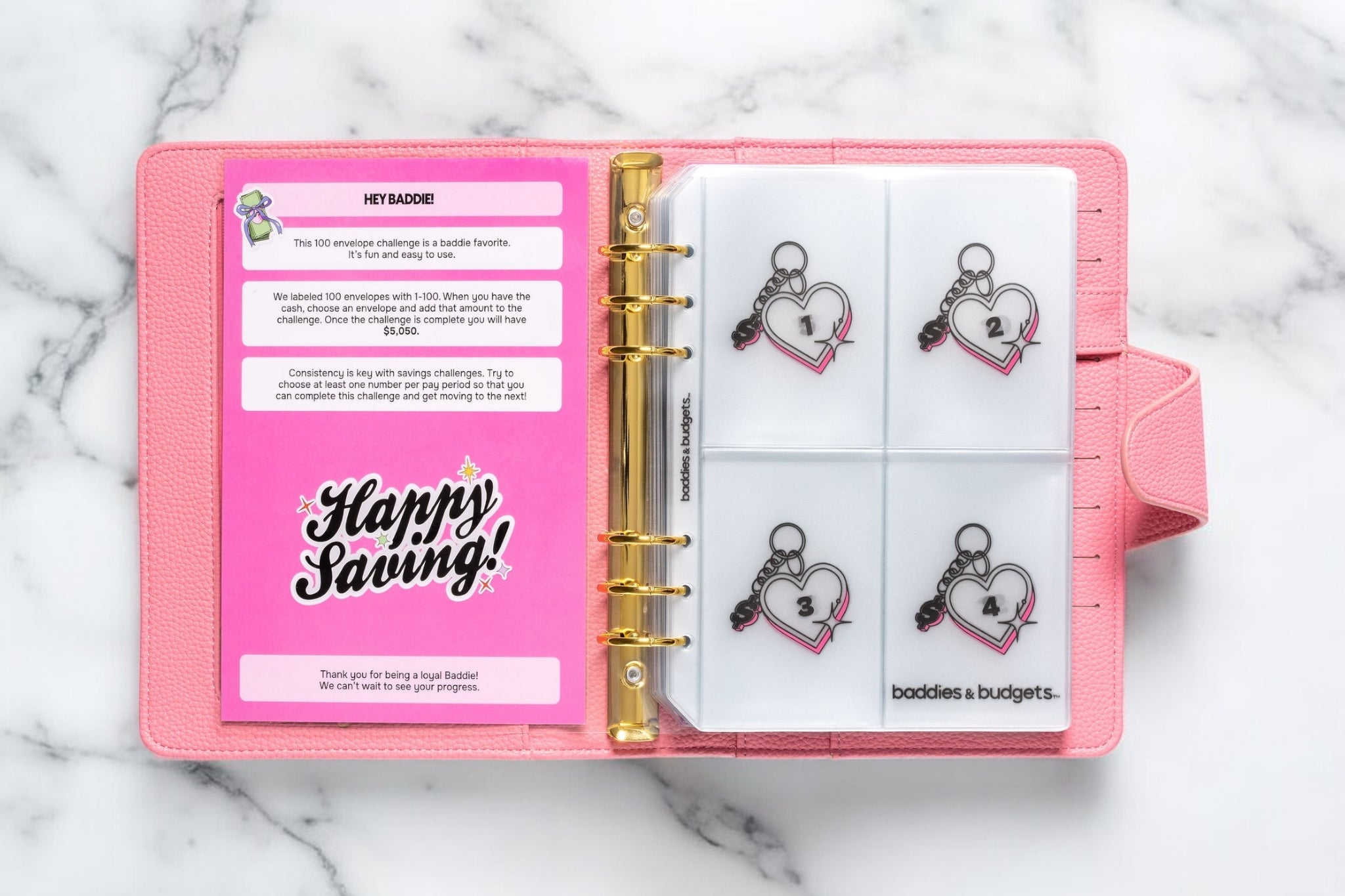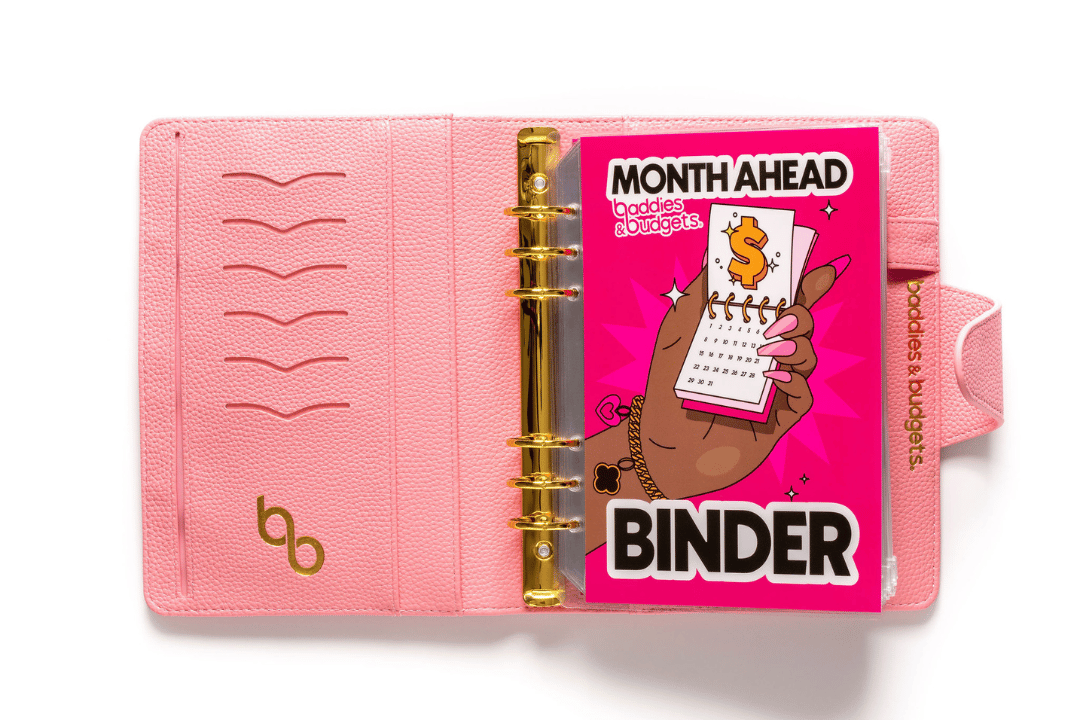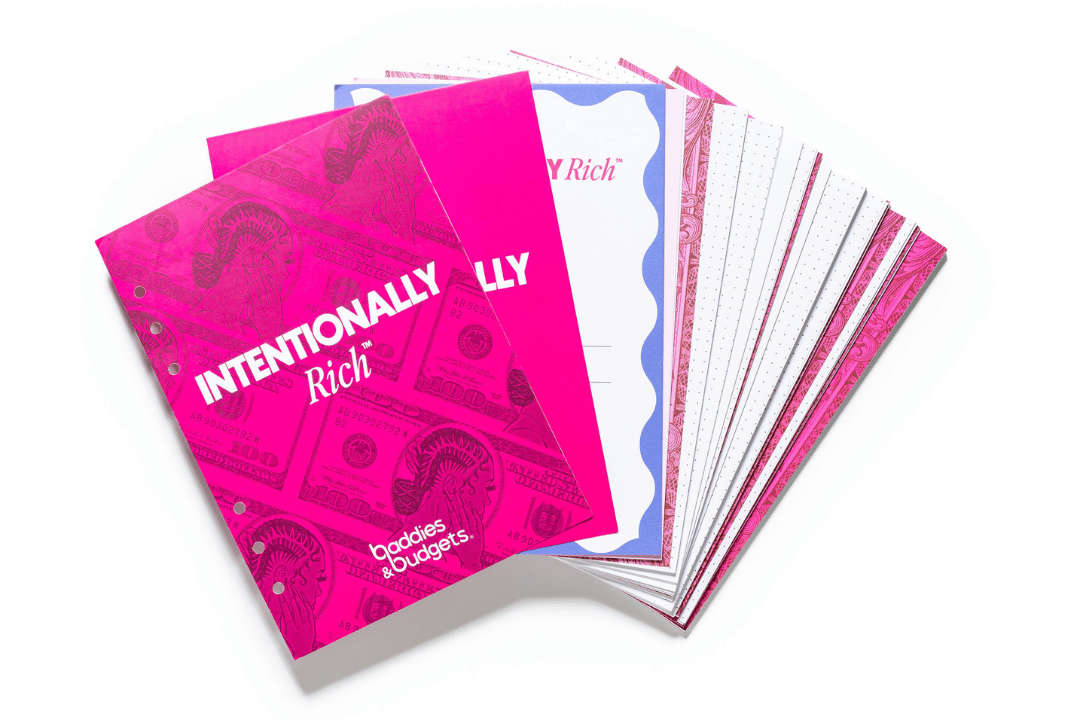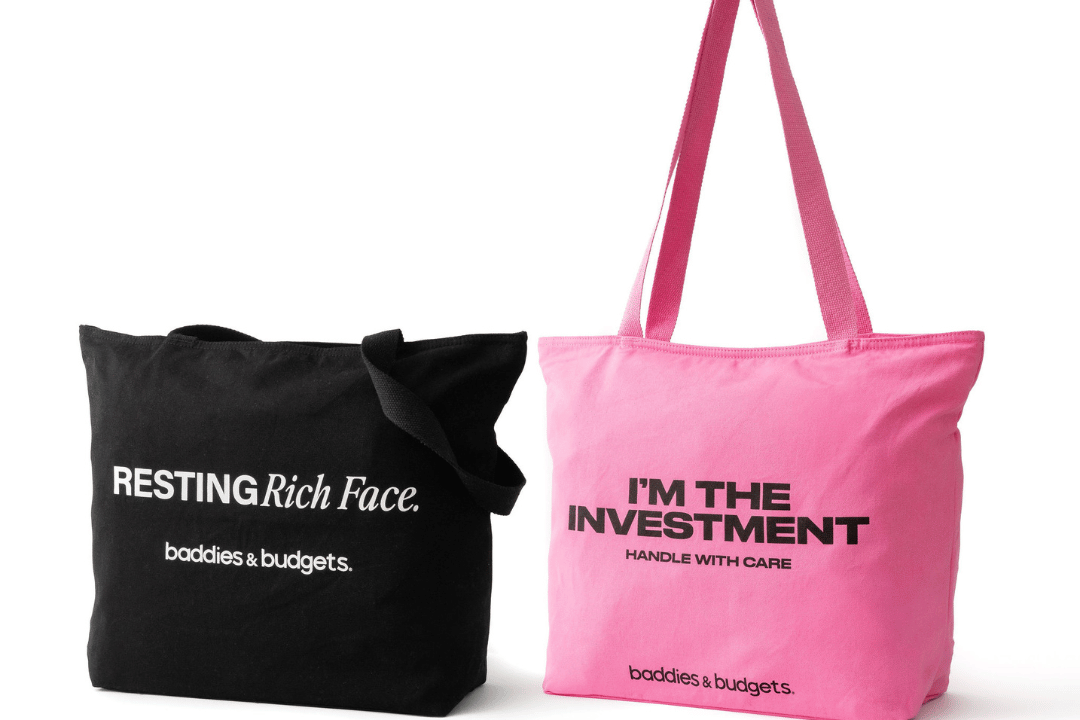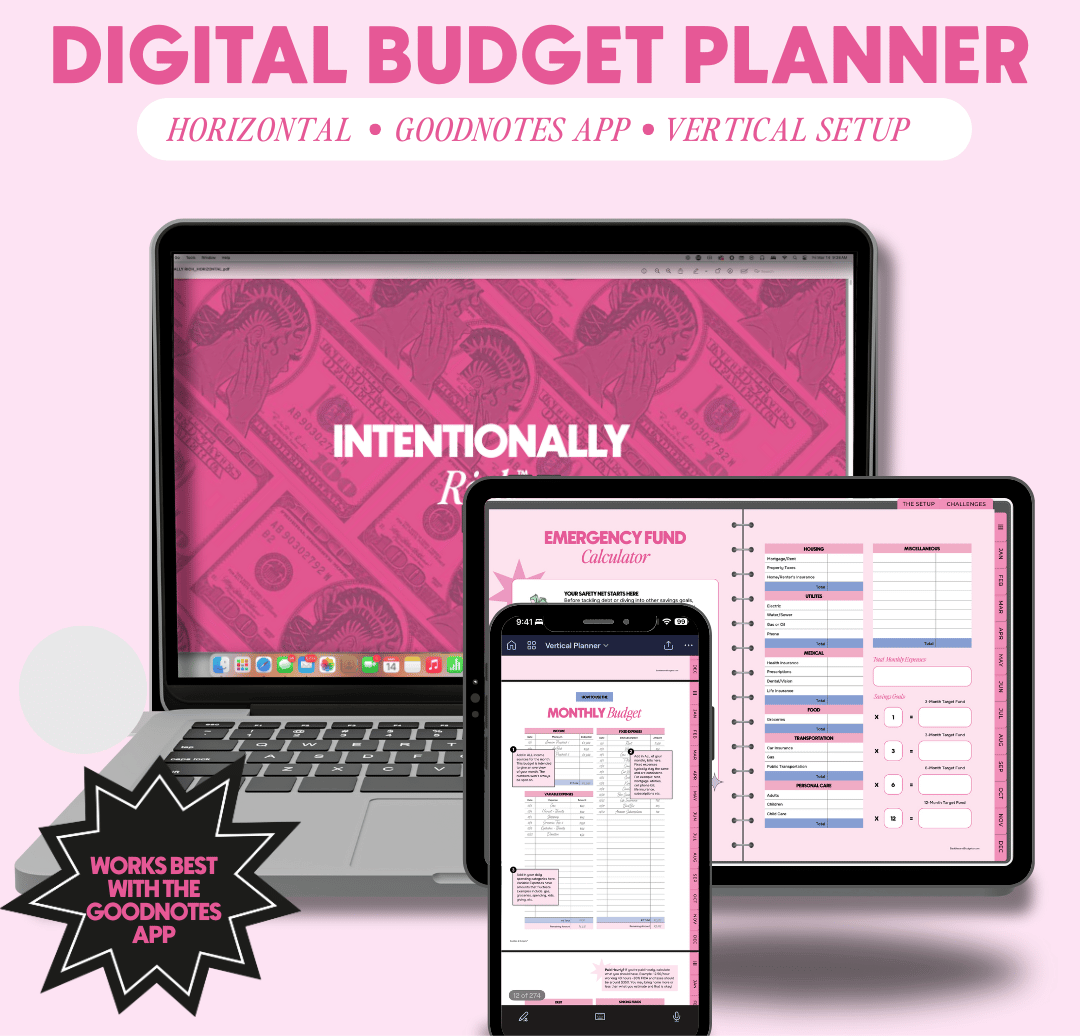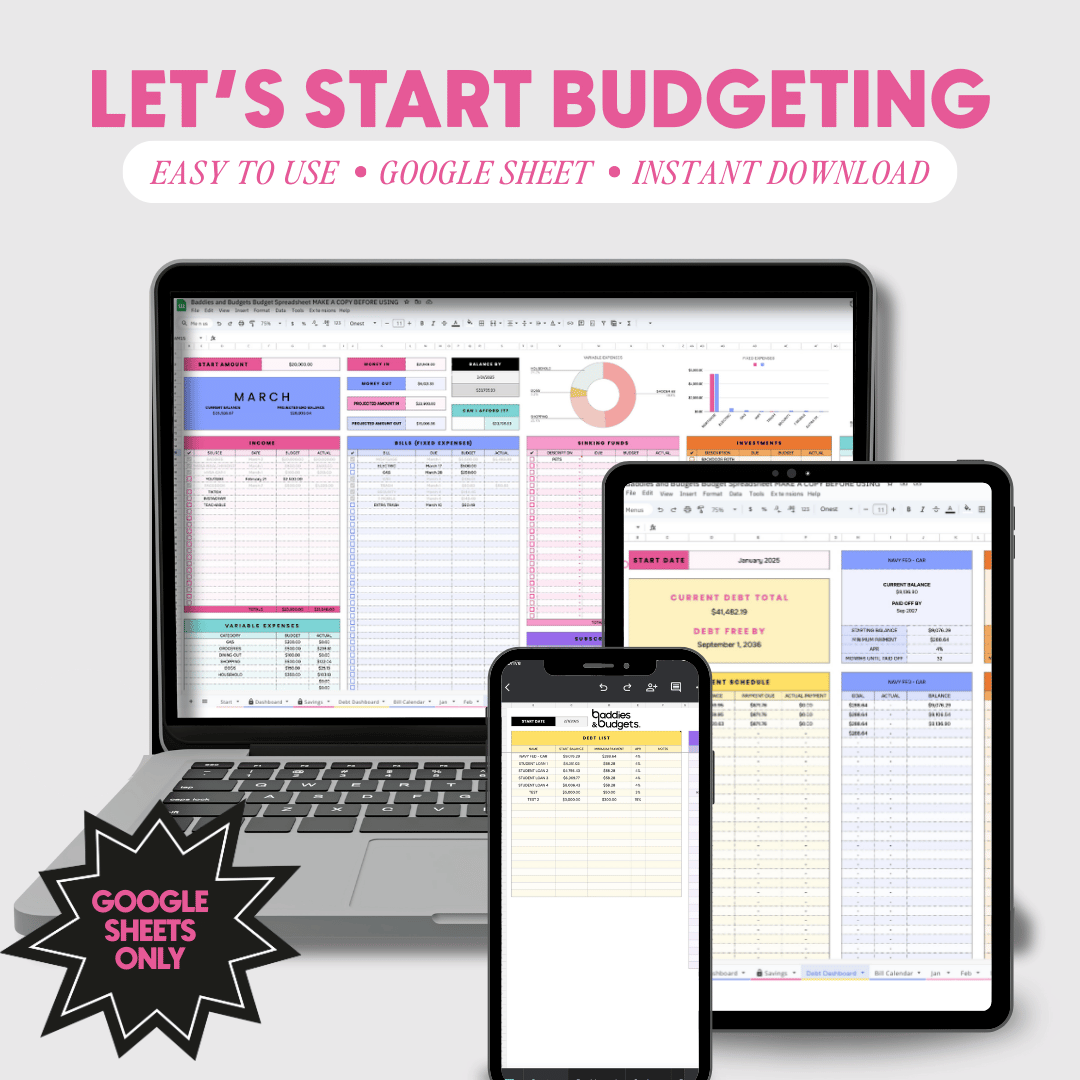Introduction
Tax season can be a stressful time for many people. You might be anxiously awaiting your refund check or dreading having to pay taxes that you can’t afford. However, tax season doesn’t have to be all bad news. If you’re struggling with debt or just starting to think about investing, your tax return could be a valuable tool to help you improve your financial situation. Here are some ways to use your tax return to get out of debt and start investing.
Pay off high-interest debt
One of the best things you can do with your tax return is to pay off high-interest debt. High-interest debt, such as credit card balances, can be a major drain on your finances. Interest rates on credit cards can be as high as 20% or more, which means that if you have a balance of $5,000, you could be paying over $1,000 per year in interest charges.
Using your tax return to pay off high-interest debt is a smart financial move because it can save you a lot of money in the long run. By paying off your credit card balances, you’ll reduce the amount of interest you’re paying each month, which will free up more money for other expenses or investments.
Create an emergency fund
If you don’t already have an emergency fund, now is the time to start one. An emergency fund is a savings account that you can use to cover unexpected expenses, such as car repairs, medical bills, or job loss. Ideally, your emergency fund should have enough money to cover three to six months of living expenses.
Using your tax return to start or add to an emergency fund is a good idea because it can help you avoid going into debt when unexpected expenses arise. Instead of relying on credit cards or loans to cover these expenses, you’ll have the money readily available in your emergency fund.
Invest in a retirement account
If you’re not already contributing to a retirement account, using your tax return to start one is a smart financial move. Retirement accounts, such as 401(k)s and IRAs, allow your money to grow tax-free until you’re ready to retire. This means that the money you contribute to your retirement account will grow faster than if you had invested it in a taxable account.
Using your tax return to start a retirement account is especially important if your employer offers a 401(k) plan. Many employers offer a matching contribution, which means that they’ll contribute a certain amount of money to your retirement account for every dollar you contribute. This is essentially free money, so it’s important to take advantage of it if you can.
Invest in a taxable brokerage account
In addition to a retirement account, you might also want to consider investing in a taxable brokerage account. A taxable brokerage account allows you to invest in stocks, bonds, and other investments, and you can withdraw your money at any time. While you will have to pay taxes on any earnings or gains, investing in a taxable brokerage account can be a good way to grow your money over the long term.
Using your tax return to start a brokerage account is a smart financial move because it can help you build long-term wealth. By investing your money in diverse asset classes, you can potentially earn higher returns than you would with a savings account or CD.
Create a debt payoff plan
If you have a lot of debt, using your tax return to pay off some of it is a good start. However, you’ll also need a plan to tackle the rest of your debt. Creating a debt payoff plan can help you achieve your financial goals and become debt-free.
Start by making a list of all your debts, including the balance, interest rate, and minimum payment. Next, prioritize your debts based on the interest rate. Pay off high-interest debt first, such as credit cards, personal loans, and payday loans. Then, focus on lower interest debt, such as student loans or car loans.
Using your tax return to pay off high-interest debt is a good first step, but you’ll also need to make a plan to pay off the rest of your debt over time. Make sure to pay more than the minimum payment each month, and consider using a debt snowball or debt avalanche method to stay motivated and on track.
Conclusion
Using your tax return to get out of debt and start investing can be a smart financial move. By paying off high-interest debt, creating an emergency fund, and investing in retirement and taxable accounts, you can build long-term wealth and achieve your financial goals. However, it’s important to also have a plan to tackle the rest of your debt, so that you can become debt-free and truly start building wealth for the future.

